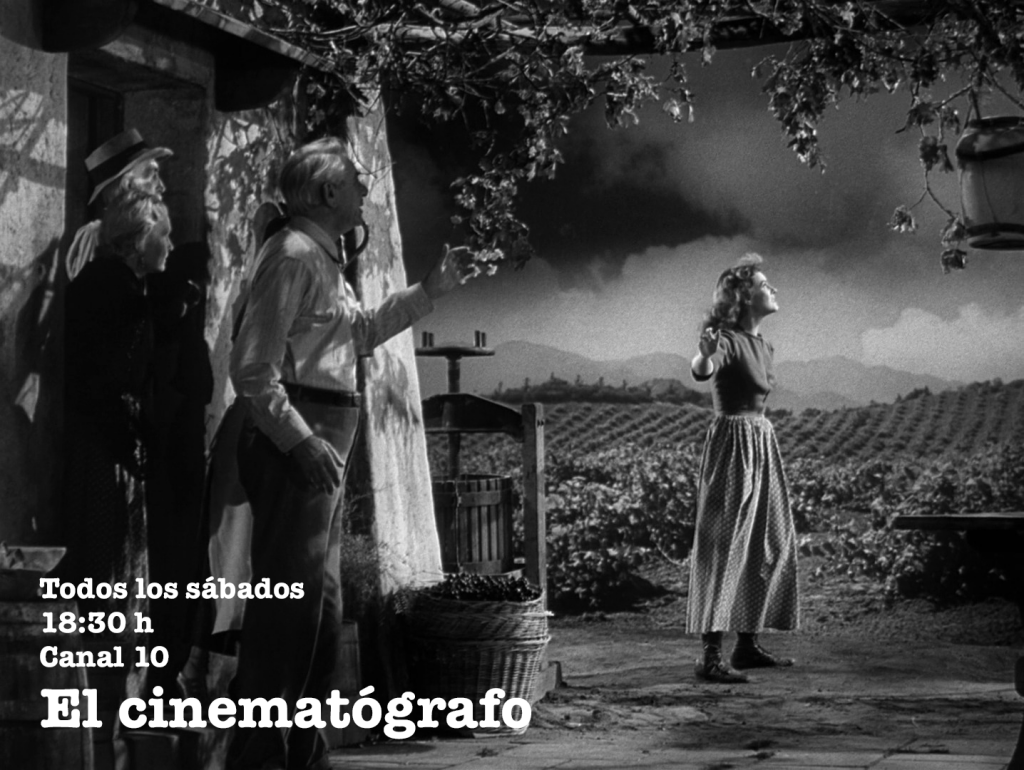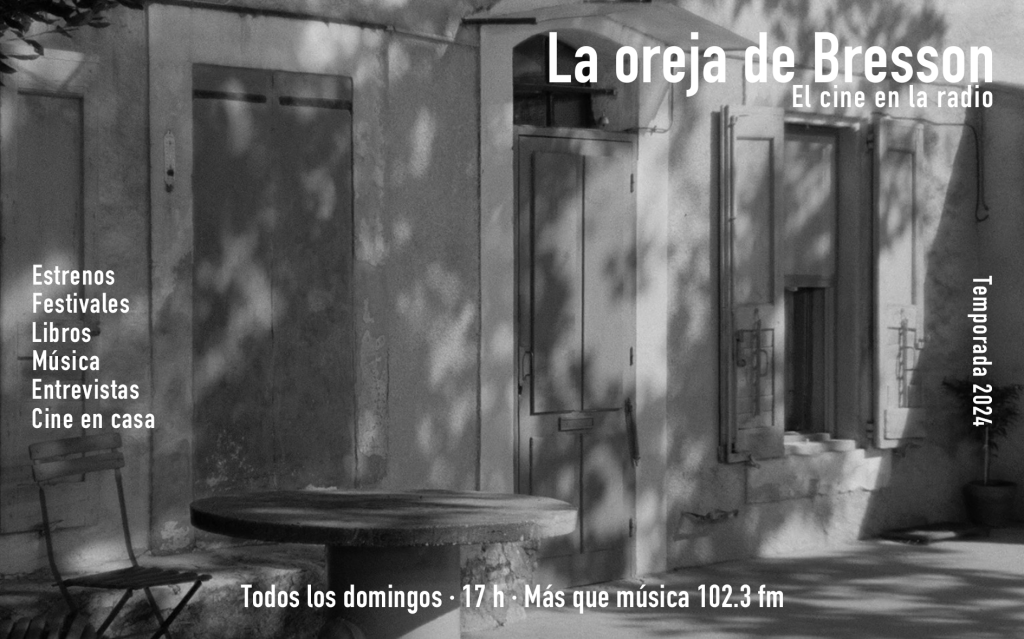
SHORT REVIEWS (25): DISPLACEMENTS AND IDENTITY
*** Masterpiece ***A Must See **Worth Seeing * Has a Reedimg Facet ° Worthless
![]()
Pod Elektricheskimi oblakami / Under Electric Clouds, Russia-Ukraine-Poland, 2015 (***)
By Roger Koza
A couple of years have passed since German Jr. premiered Paper Soldier, his extraordinary and most recent film. Forced by circumstance, German Jr. had to work, together with his mother, in the nal edition of Hard to Be a God, the posthumous masterpiece made by his father. In a much expected comeback, German Jr. proves why he is the most relevant Russian filmmaker of his generation.
Whereas his former film was about the conquest of outer space and also the issue of depression provoked by realizing the Communist utopia was nothing but a fantasy, here the young director goes back to the subject of space as a horizontal basis for the construction of a world and an architecture which symbolize the future of an apocalyptic Russia. The last shot, however, amends the generalized and ubiquitous feeling of uneasiness that permeates the seven complicatedly-united chapters of the film. A voice-over warns this is a film about the figure of the foreigner, understood here as an intruder an also referred to as a “statistical error.” Who is the Other here?
The plot focuses on the subjects of fate and the conclusion of an architectonical work, though one of the persons responsible for the project is a criminal suspect and also a recent deceased. His heirs, and another architect linked to the project, talk about its future while a group of Japanese investors want to buy the place to build something more functional. Architecture becomes a metaphor for the (re)invention of a nation that, after 1991, began moving down a progressively unfortunate road and is in bad need of thinking about its own (fading) history. Even though most scenes are set in an open wasteland where the sun seems to have been banished away, the different times presented in the plot are varied —for example, a dream sends the story back to 1992, but a publicity piece projected against the sky seems to suggest the near future.
The organization in terms of the spatial concept of staging is just as surprising as the sound dimension of a film with complete absence of angle-reverse angle shots and an adequate narrative use of the mise an abyme. German Jr. is a magnificent director.
Roger Koza / Copyleft 2016
English version by Tioja Bojorquéz





Últimos Comentarios